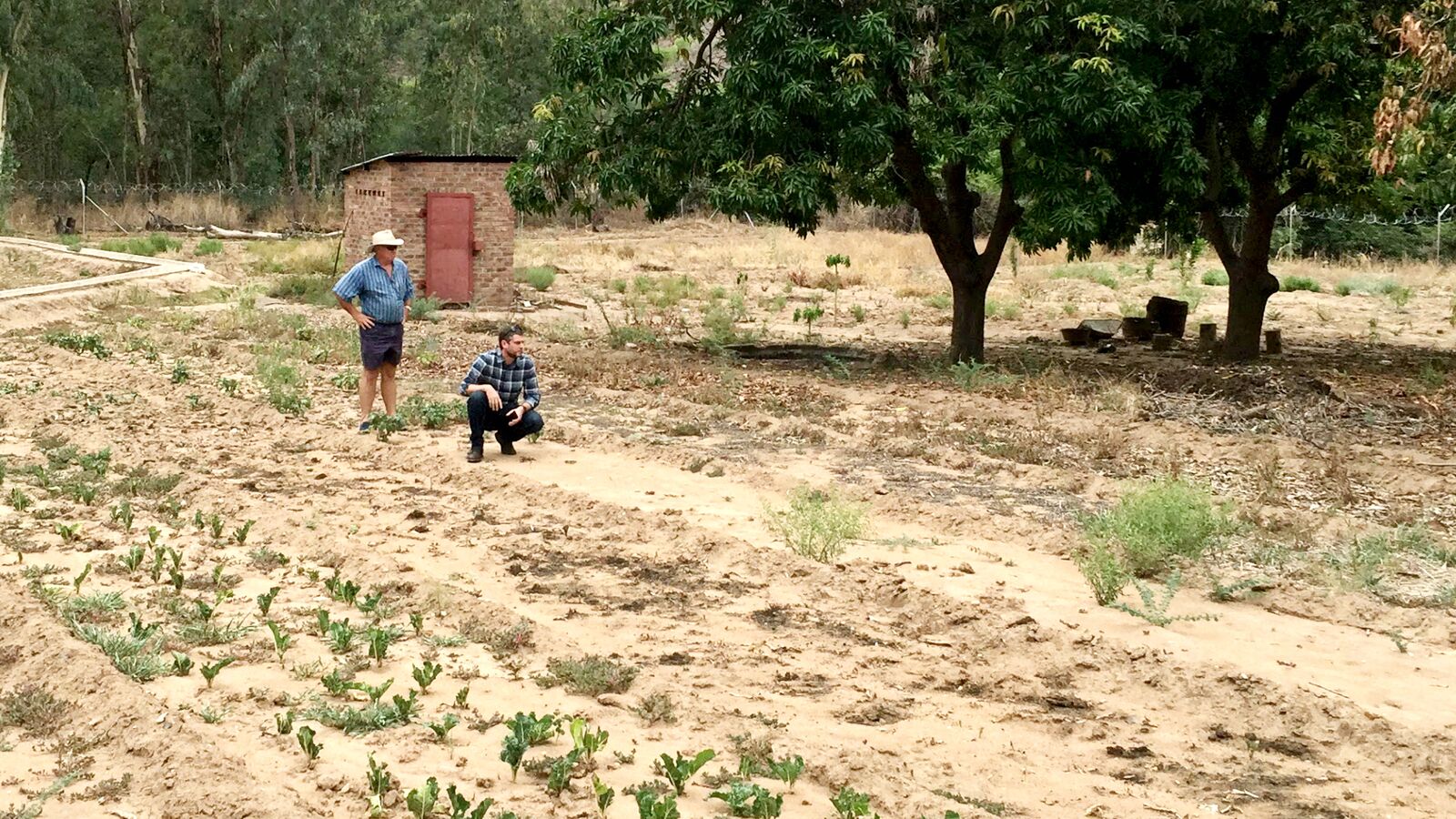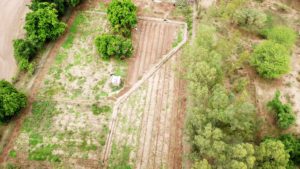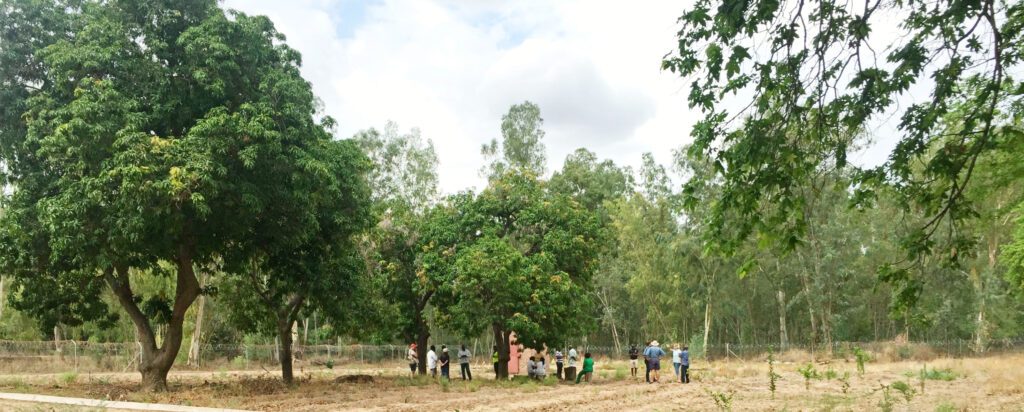“Let food be thy medicine and medicine be thy food.” – Hippocrates
MATTER has begun an exciting, multi-faceted project in the small, rural town of Lukosi in western Zimbabwe. The Lukosi Maternity Hospital serves a population of nearly 10,000 people and facilitates about 50 births per month. But with only 26 beds and sparse, outdated equipment, it struggles to meet the very basic needs of the community, and especially the needs of expectant mothers and their newborns.
In February, MATTER began renovation of the hospital by delivering and installing much needed equipment and medical supplies.
During our initial assessment of the Lukosi hospital, we discovered the need is far greater than just equipment and supplies. Many of the expectant mothers arrive on foot, some having walked up to thirty miles and often with small children in tow. Many of the women choose to stay at an adjacent dormitory until they deliver rather than walk the long distance back home. For some, their stay lasts months.
Because the hospital does not have the resources to feed patients, the women are required to provide their own food, which is primarily rice. This limited diet contributes to health issues for the mothers and babies, including malnourishment and complications during labor and delivery.
Where we saw great challenge, there also existed an opportunity for increased access to nutritious food. MATTER is expanding our efforts in Lukosi to include the development of a sustainable farm that will serve the hospital and the surrounding community.


With generous grant support from Pentair, Chris Newhouse, MATTER’s Agricultural Programs Director, conducted a thorough study of the land around the clinic, resulting in a detailed farm design. MATTER was on the ground in February, beginning the implementation phase of the Lukosi farm with eager support from the local community.
Farming in Zimbabwe presents some unique challenges that farmers in America don’t face. One such challenge is how to protect the farm from destructive raids by wild elephants. The Lukosi Community Farm will include an ingenious beehive fence along its six-acre perimeter. Hives will be hung by wire in a specific formation so that if an elephant touches one of the hives or the wire, the hives will swing and release the bees. After a few incidents with angry bees, the elephants will soon learn to avoid the area.
Protection from elephants is not the only benefit of the bee fence. Bee pollination will increase the crop yield, and the production of honey will serve as an additional source of food as well as provide a reliable source of income.


The Lukosi farm is made possible with funding from Latitude, Pentair, and many generous donors, making this much needed project a reality. Finding nutritious and sustainable food solutions so the amazing people of Zimbabwe can live healthier lives is what MATTER is all about. As Zimbabwe enters a new period of rebuilding, the Lukosi Community Farm is one of many exciting agricultural initiatives MATTER will oversee throughout the country. We look forward to more of these farms dotting the landscape of this beautiful country, providing nutritious food and improving health for generations to come.

